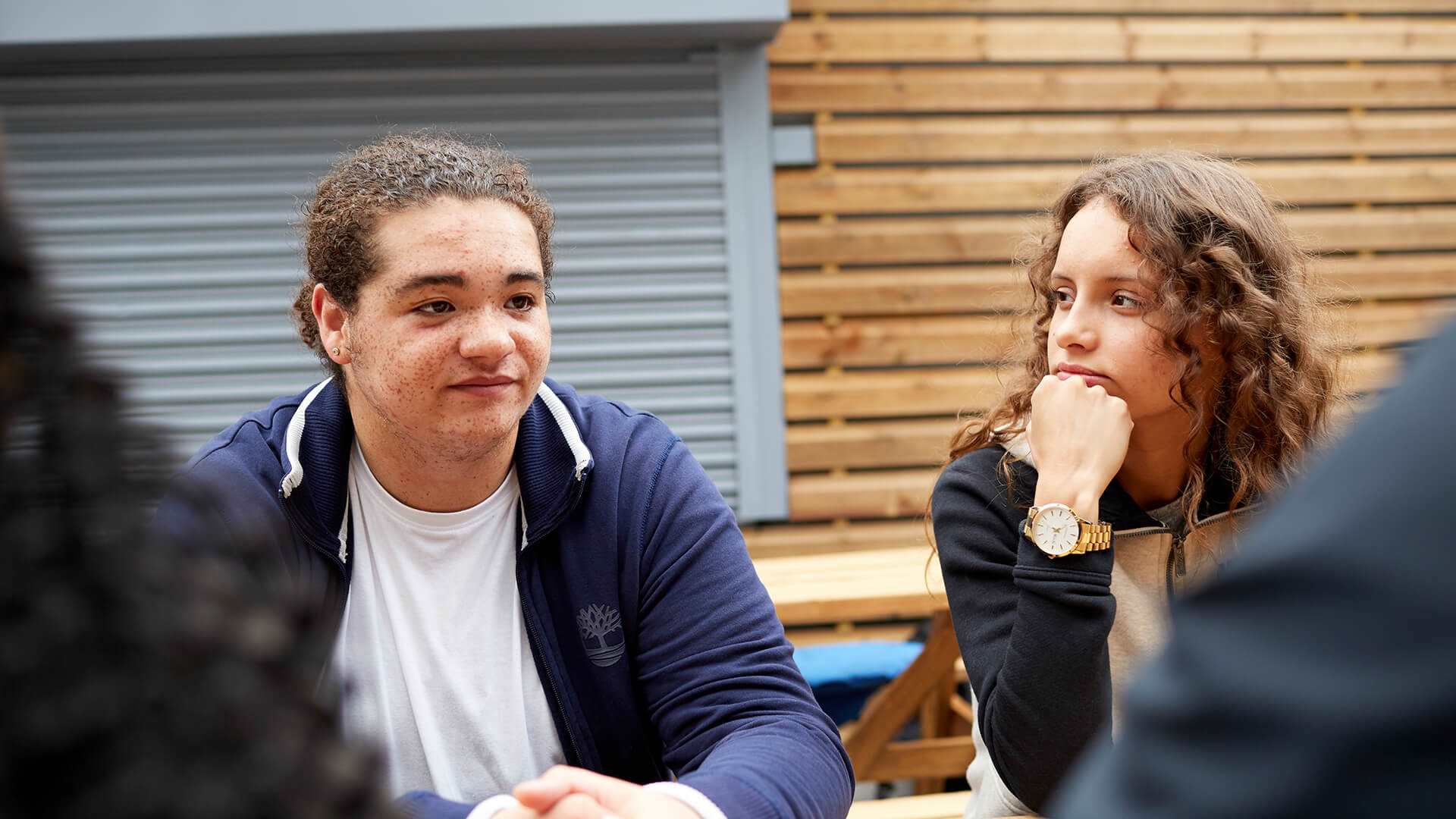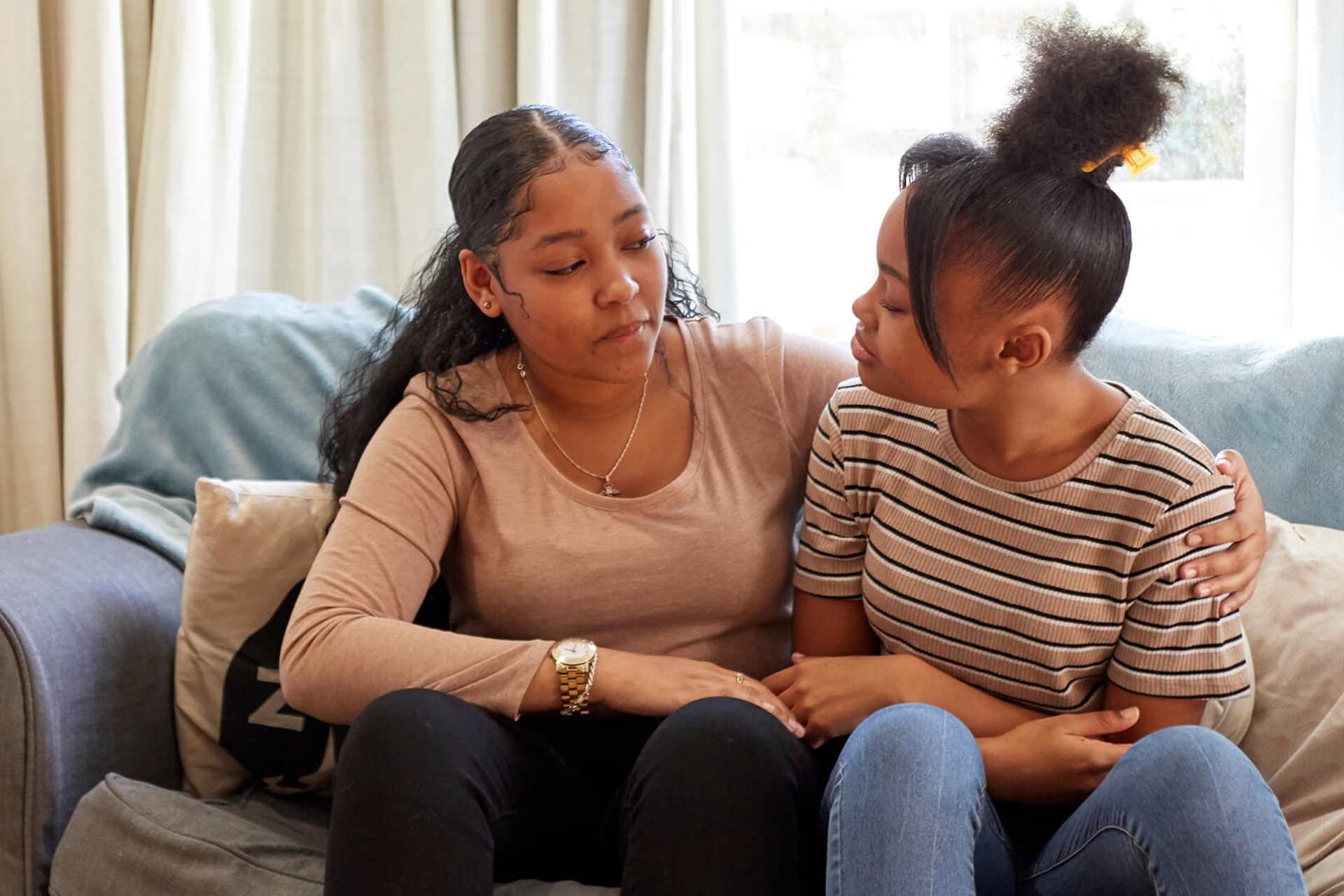Topics mentioned: eating problems
About: From 6 April 2022, some businesses which serve food, like restaurants, cafes and takeaways, will legally have to put calorie content information on their food. This is a new law that will apply to businesses with over 250 employees, meaning it will mostly affect bigger chain restaurants, takeaways (including when you order online), and supermarkets. Calorie content information will also be put on more menus and food products.
YoungMinds shares the key concerns of other mental health organisations like Beat about the consequences of the new calorie labelling legislation. We are concerned that the calorie labelling information that the Government has released does not talk about the impact of the new law on young people’s mental health.
There is increasing evidence that calories are not always an effective way to think about a healthy diet and information on calorie content in food can be triggering for young people who are struggling with eating or an eating disorder.
Our tips for coping with the new law
We understand that this new law might make things like eating out or getting a takeaway with your friends feel difficult or more complex if you are struggling with eating or have an eating disorder. It might make you feel anxious about eating out, or worried about your recovery process.
If you are feeling like this, we have some tips that can help you cope with this new law.
Remember how far you have come in your recovery and that you have friends, family and professional services that can help you. Take your time to find out what works best for you.
Ask for a calorie-free menu
Restaurants are allowed to have versions of their menu that don’t include calorie content information. This isn’t something they have to do, and because of the way the new law works, you will need to ask for one. If you’re nervous about asking for a calorie-free menu in front of people, you can call ahead of the meal to see if the restaurant can provide one, or take a look online to see if they have a calorie-free menu on their website.
Speak to someone you trust about how you're feeling
Whether it’s a friend, family member or teacher, speaking to someone you trust about how you’re feeling about the new law can help. If you are eating out with friends and family, telling them how you feel might help you feel more comfortable, and it means they can support you if you need to take a break during the meal. You could also practise eating with them before going out for a meal to help you feel more at ease when you do eat out. If you’re finding things difficult, it’s important to speak to your GP or another health professional.
We know that this new law may feel overwhelming and worrying. If you are worried, please reach out for help. It’s so important that you get the support you need and can share what is worrying you.
Supporting a friend who might be affected by this law
You might be worried that this law may affect a friend who:
- has spoken to you about their eating disorder
- has shared in the past that they have struggled with eating
- is currently in recovery from an eating disorder
- finds it difficult to eat out with others
Here are some ideas for how you can support your friend.
Listen to how they are feeling
If you are worried about a friend, it’s important that you listen to how they are feeling. They may share why they are worried about the new law and how it will affect them. By listening to your friend, you can understand how they are feeling and what support they might need – whether that’s from you or someone they trust, like a teacher or family member.
Talk to them about providing support
If your friend has asked you to support them, have a conversation with them about what they would find helpful. They might ask for support when going out for a meal, including things like going to the restaurant together, sitting next to them during the meal or having a practice meal together before going out with others. This can help your friend feel more at ease during the meal.
Speak to someone you trust
If your friend is finding things really difficult and you’re worried about their mental health, speak to someone you trust like a teacher or family member. This might feel difficult as your friend might want to keep it a secret from others, but it’s important that they are able to get the support they need.
Look after yourself
It can be difficult to support someone who is going through a tough situation and this can affect your own wellbeing. Make sure you have someone to talk to and take time to look after yourself, whether that’s watching your favourite TV show, reading or going for a walk.
For more information about how you can support a friend, take a look at our page.
More information and advice
For tips and advice on what you can do if you're struggling with eating or an eating disorder, take a look at our pages.
Where to get help
However you're feeling, there are people who can help you if you are struggling. Here are some services that can support you.
-
Beat
Offers information and support for anybody affected by eating disorders.
One-to-one web chat available. They also run a range of online support groups, which are all fully moderated and anonymous.
Enter your postcode in the HelpFinder to see what eating disorder support is available in your area.
View their information on helpline accessibility and confidentiality.
- Opening times:
- 365 days a year - weekdays (9am - 8pm); weekends (4pm - 8pm)
-
Childline
If you’re under 19 you can confidentially call, chat online or email about any problem big or small.
Sign up for a free Childline locker (real name or email address not needed) to use their free 1-2-1 counsellor chat and email support service.
Can provide a BSL interpreter if you are deaf or hearing-impaired.
Hosts online message boards where you can share your experiences, have fun and get support from other young people in similar situations.
- Opening times:
- 24/7






